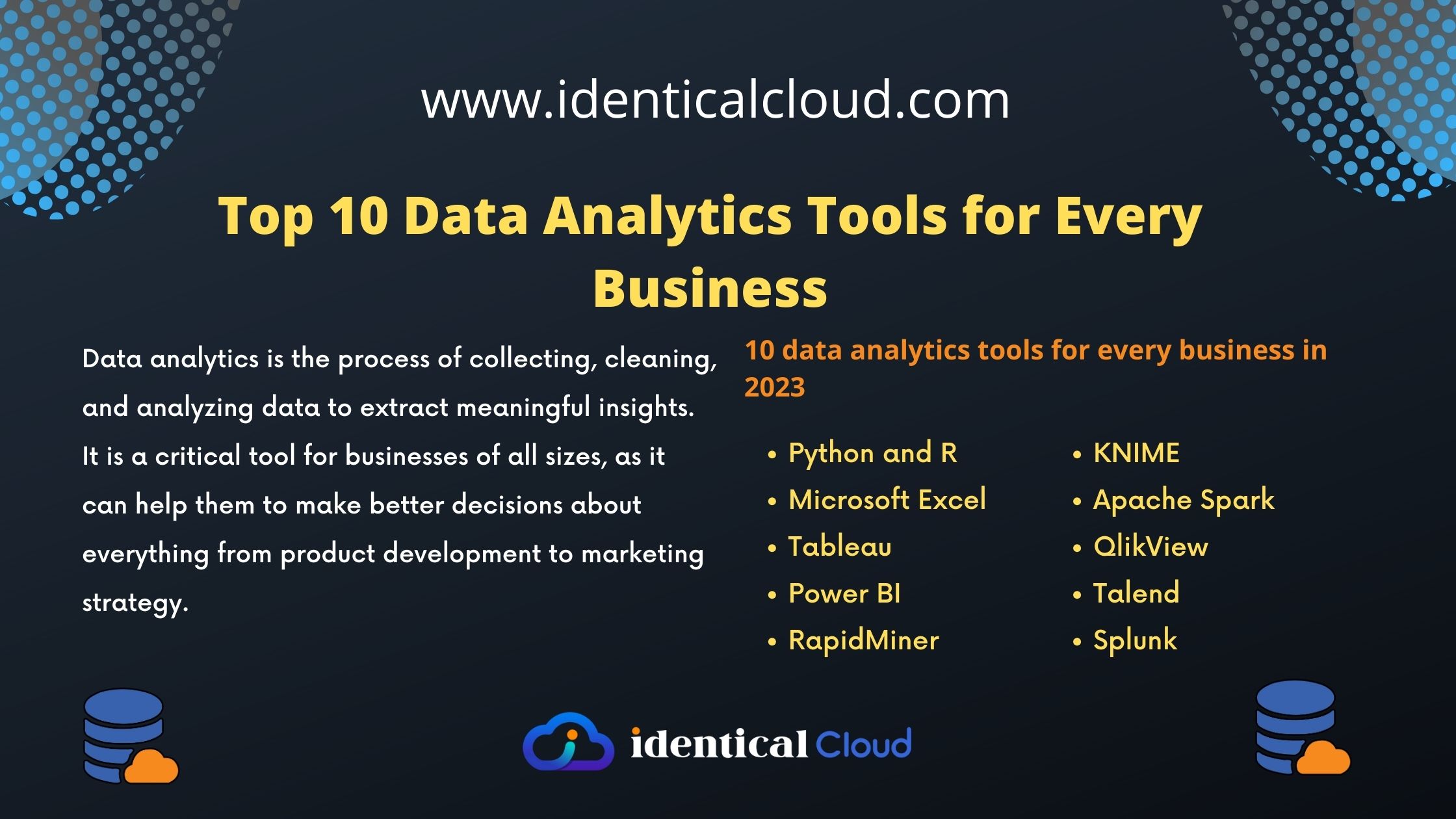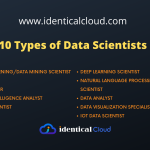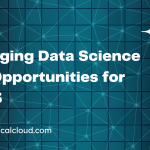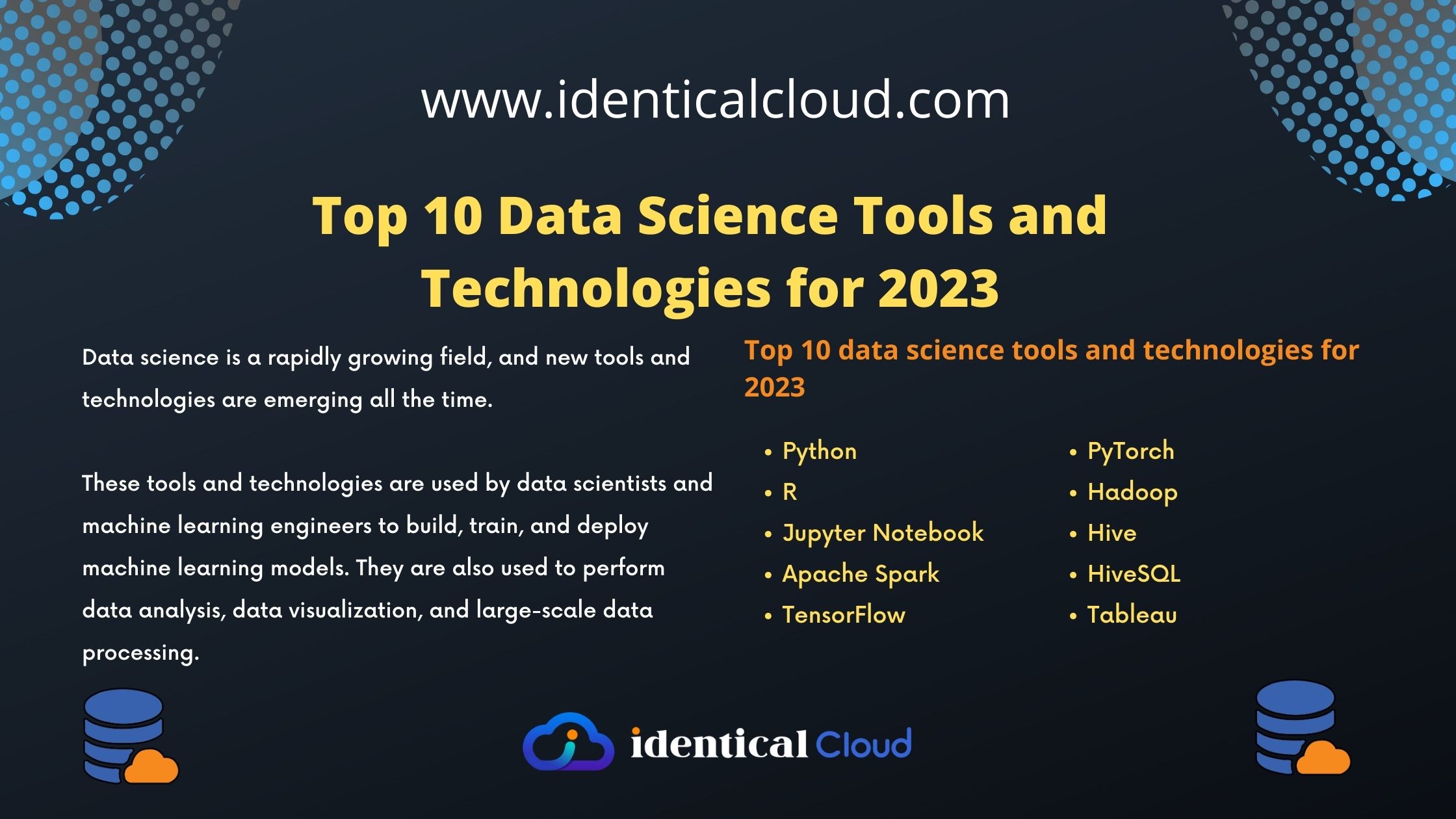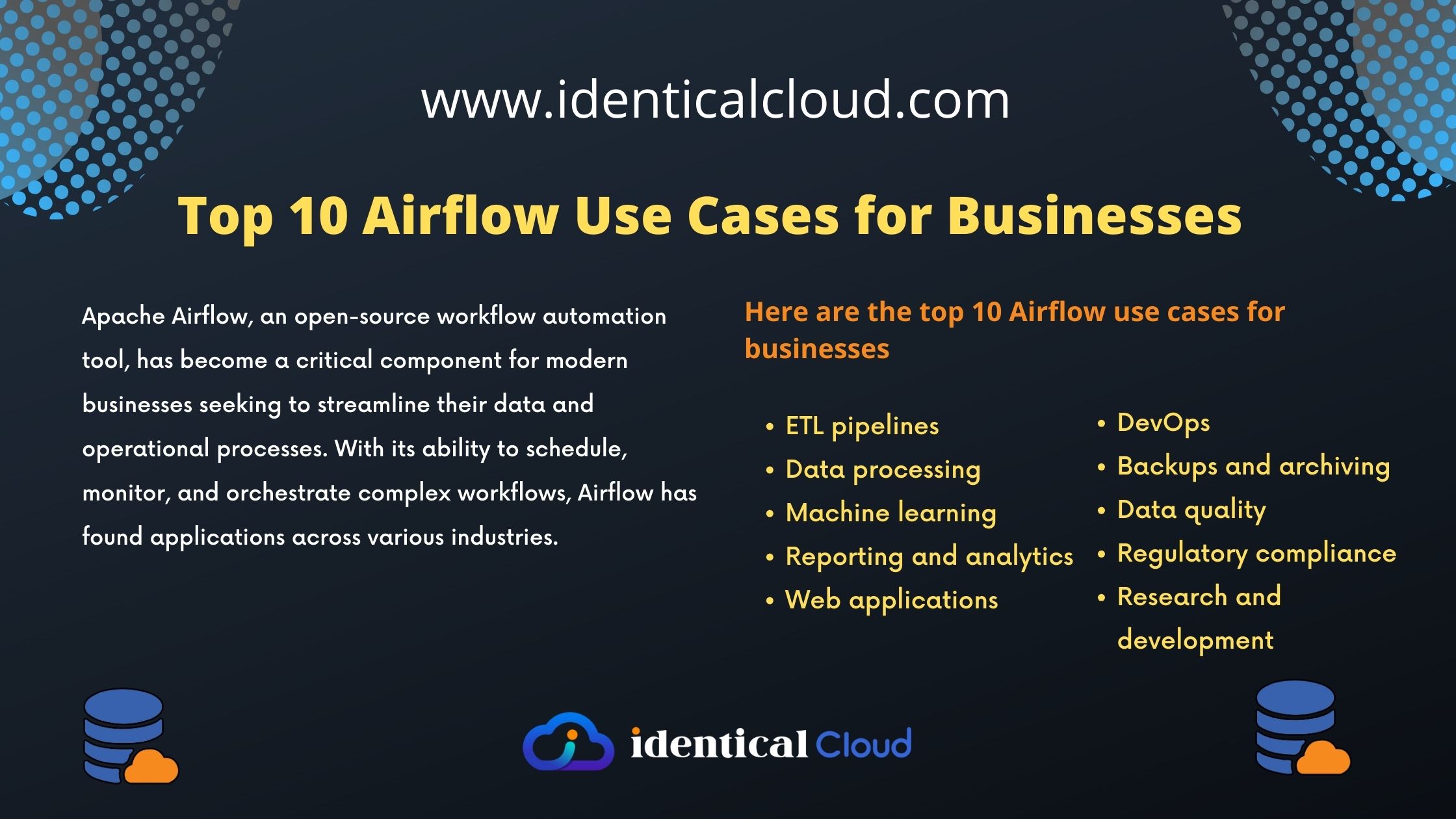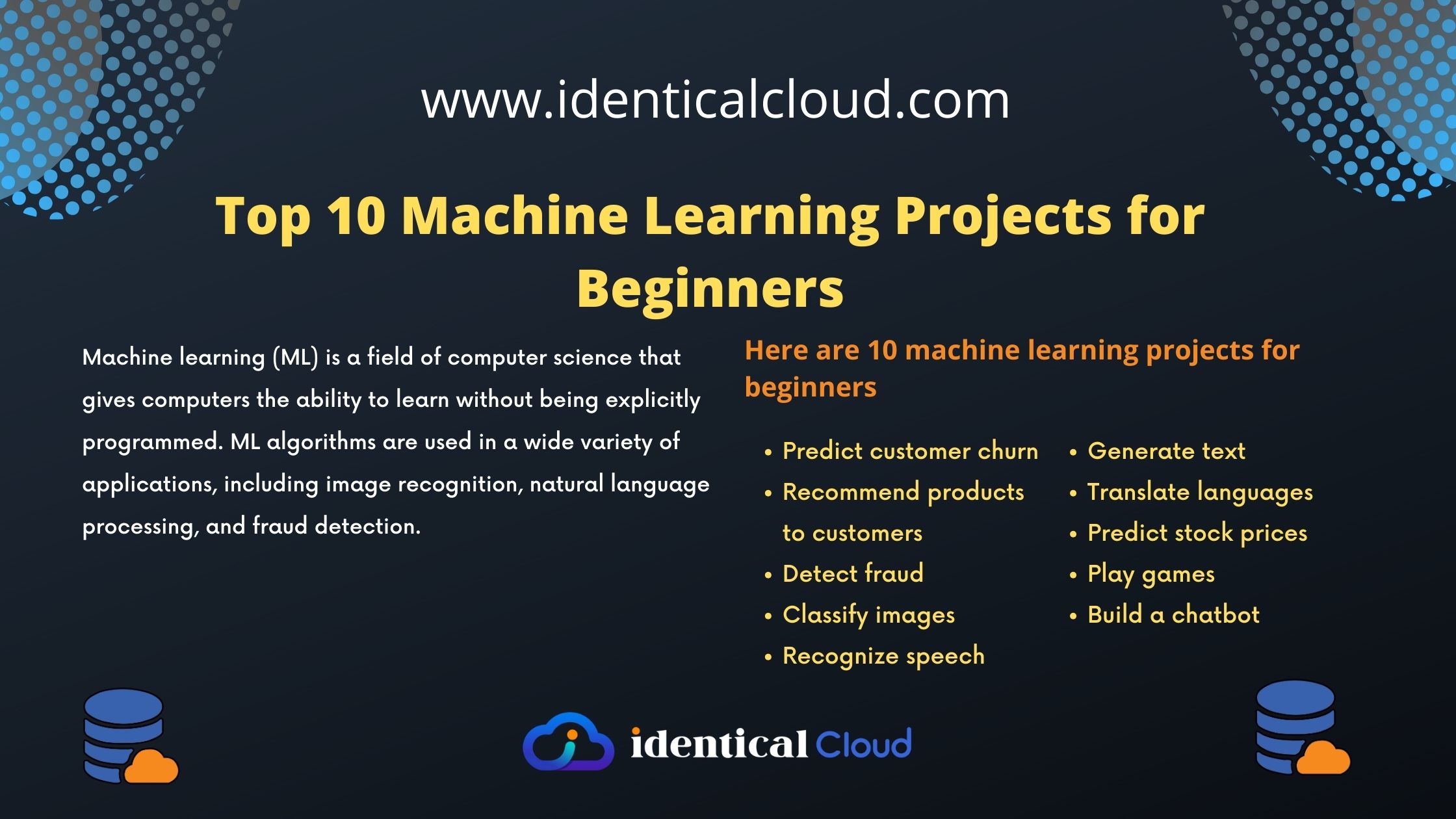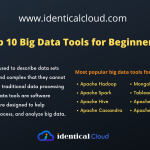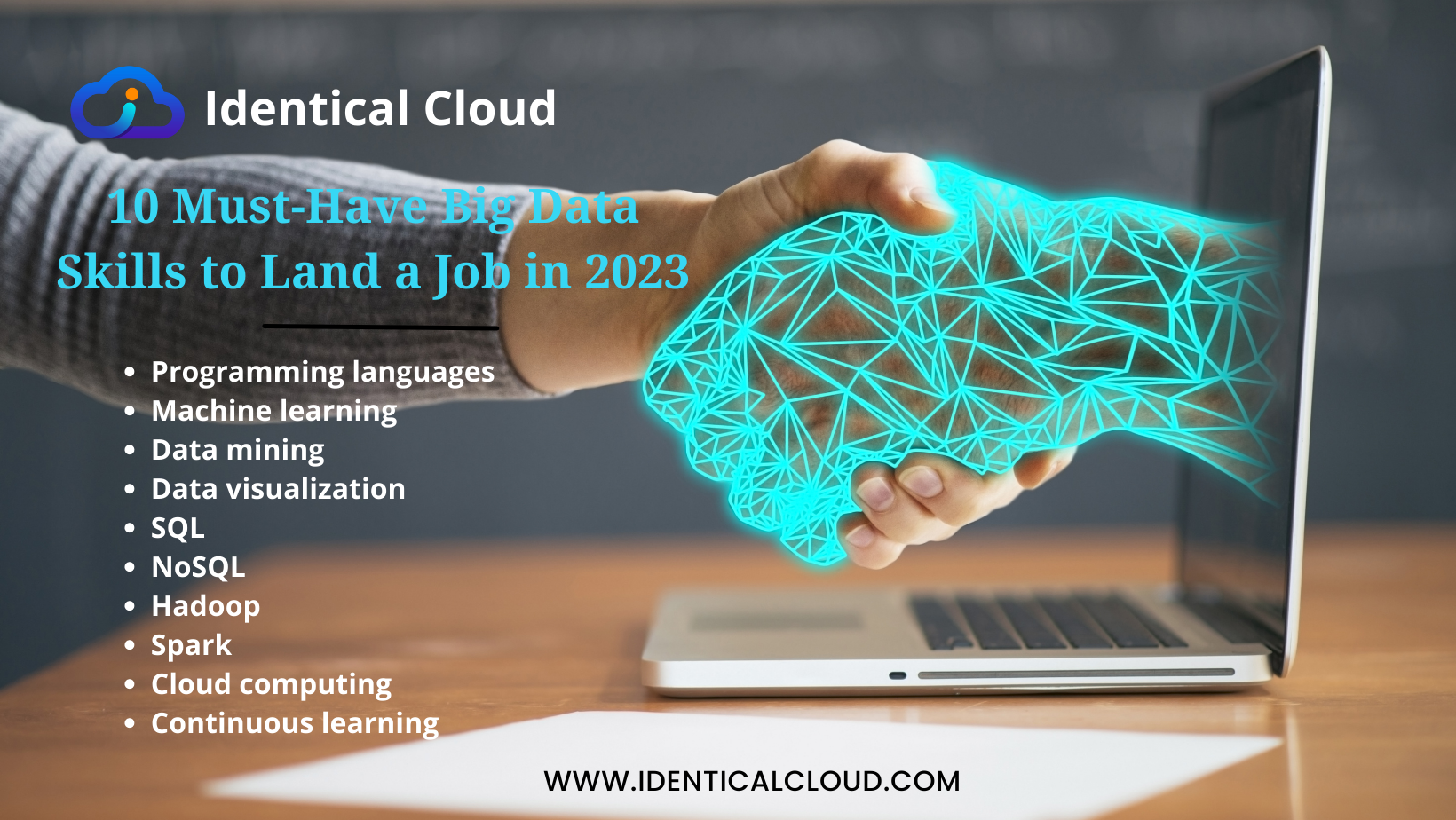
10 Must-Have Big Data Skills to Land a Job in 2023
10 Must-Have Big Data Skills to Land a Job in 2023
Big data is a rapidly growing field, and the demand for big data professionals is only going to increase in the years to come. If you want to land a job in big data, it is important to have the right skills.
What is Big Data?
Big data is a term used to describe the large and complex datasets that are difficult to process using traditional data processing methods. Big data is characterized by the three Vs: volume, velocity, and variety.
- Volume: Big data refers to the massive amount of data that is being generated every day. This data can come from a variety of sources, such as social media, sensors, and financial transactions.
- Velocity: Big data is also characterized by its velocity, or the speed at which it is generated and collected. This means that big data needs to be processed quickly in order to be useful.
- Variety: Big data is also characterized by its variety, or the different types of data that it can contain. This data can be structured, unstructured, or semi-structured.
Big data can be used to solve a variety of problems, such as fraud detection, customer segmentation, and product recommendations. It can also be used to improve decision-making and make better predictions.
Why Big Data is Important?
Big data is important because it can be used to solve a variety of problems and improve decision-making. Here are some of the reasons why big data is important:
- Improved decision-making: Big data can be used to make better decisions by providing insights into data that would not be possible to see with traditional data analysis methods. For example, big data can be used to identify trends and patterns in customer behavior, which can help businesses make better marketing decisions.
- Increased efficiency: Big data can be used to improve efficiency by automating tasks and processes. For example, big data can be used to identify fraud or errors in financial transactions, which can help businesses save money.
- New product and service development: Big data can be used to develop new products and services by identifying trends and patterns in data. For example, big data can be used to identify customer needs that are not being met by existing products and services.
- Improved customer experience: Big data can be used to improve the customer experience by providing personalized recommendations and services. For example, big data can be used to recommend products to customers based on their past purchases or browsing history.
- Fraud detection: Big data can be used to detect fraud by identifying patterns of suspicious activity. For example, big data can be used to identify credit card fraud or insurance fraud.
- Risk assessment: Big data can be used to assess risk by identifying potential problems before they occur. For example, big data can be used to identify potential risks to a company’s financial health or to a country’s security.
As the amount of data continues to grow, big data is becoming increasingly important. Businesses, governments, and other organizations are using big data to improve their operations and make better decisions.
Top 10 Big data skills
Here are the 10 must-have big data skills for 2023:
Programming languages
The most popular programming languages for big data are Python, Java, and Scala. Python is a general-purpose language that is easy to learn and use. Java is a powerful language that is used in a variety of industries. Scala is a newer language that is designed for big data processing.
Machine learning
Machine learning is a type of artificial intelligence that allows computers to learn without being explicitly programmed. Machine learning algorithms are used to extract insights from data. Some of the most popular machine learning algorithms include linear regression, logistic regression, and decision trees.
Data mining
Data mining is the process of extracting knowledge from data. Data mining techniques are used to find patterns and trends in data. Some of the most popular data mining techniques include clustering, association rule mining, and anomaly detection.
Data visualization
Data visualization is the process of displaying data in a way that is easy to understand. Data visualizations can be used to communicate the insights found in data. Some of the most popular data visualization tools include Tableau, QlikView, and Power BI.
SQL
SQL is a language used to query and manage databases. SQL is essential for accessing and analyzing data.
NoSQL
NoSQL databases are a type of database that is designed to handle large amounts of unstructured data. Unstructured data is data that does not fit into a traditional relational database. Some of the most popular NoSQL databases include MongoDB, Cassandra, and HBase.
Hadoop
Hadoop is an open-source framework for storing and processing big data. Hadoop is a distributed system that can be used to process data on a large scale.
Spark
Spark is a fast and scalable framework for processing big data. Spark is a newer framework that is designed to process data in real time.
Cloud computing
Cloud computing is a way to store and access data and applications over the internet. Cloud computing platforms such as Amazon Web Services (AWS) and Microsoft Azure can be used to store and process big data.
Continuous learning
The field of big data is constantly evolving, so big data professionals need to be able to learn new skills on an ongoing basis. This can be done by taking online courses, reading industry publications, and attending conferences.
In the fast-paced world of big data, mastering these 10 essential skills can position you as a sought-after professional in 2023. By cultivating a diverse skill set encompassing data analytics, programming, machine learning, cloud computing, and more, you’ll be well-equipped to navigate the evolving big data landscape and contribute meaningfully to data-driven initiatives. Whether you’re diving into data analysis, engineering, or management, these skills serve as your compass to success in the world of big data jobs.


